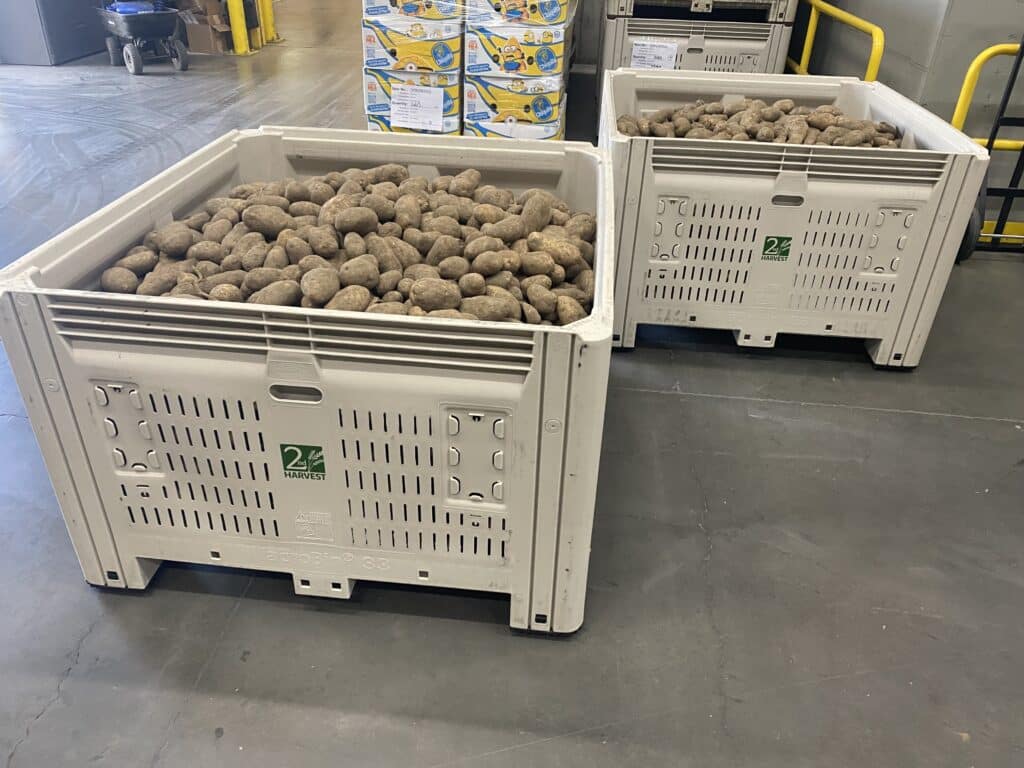THE TOLL HUNGER TAKES ON YOUR BODY – AUGUST 12
Author: Carolyn Negley, RD
“Hangry”—the portmanteau of “hungry” and “angry”— was popularized by the internet around 2015 and refers to the short temper one might get when they skip breakfast or are overdue for an afternoon snack. What makes us snap at our loved ones even though we know we’ll soon be sated? It’s a survival mechanism, really. After a few hours without food, your blood glucose levels drop, triggering a flurry of stress hormones: ghrelin, the “hunger hormone” that reminds you that you’re hungry; cortisol, a glucocorticoid that stimulates appetite; and adrenaline, a hormone that primes your fight-or-flight response. This hormonal storm can prompt you to shout words that you might regret once your belly is full. Long ago, these mechanisms helped ensure that you got first dibs on what the hunters brought back to camp.
But what happens today when you can’t count on your next meal because you simply don’t have enough to eat? According to the USDA Economic Research Service, 13.8 million U.S. households experienced food insecurity in 2020. In our region, 1 out of 9 people faces hunger.
What kind of damage does long-term hunger do to your body?
For starters, it affects your brain. Your brain relies on glucose to function, so when blood glucose levels drop, you may get a headache and experience weakness and lightheadedness. You’ll experience increased anxiety and irritation. As the brain struggles to get any remaining glucose in your body, other organs get less glucose to function. Gastrointestinal distress is common. Eventually, your vision may blur. Your heart will beat faster, and your body will shake.
Once your body has exhausted all vitamin, carbohydrate and protein supplies, it begins to break down fat stores and muscle tissues in a process called catabolysis. This level of malnutrition—if it persists for months—may require medical intervention and may be fatal.
It may not surprise you that hunger makes it difficult to concentrate at work or school. It may also make your behavior less predictable and strain your relationships.
But did you know that long-term hunger actually increases your likelihood of developing chronic health issues? Diseases associated with long-term hunger include asthma, high blood pressure, heart disease and diabetes.
This is why Second Harvest emphasizes “Healthy Food. Every Person. Every day.” In The Kitchen, we promote nutritious and affordable recipes. We’re passionate about nutrition education because we know that it can help community members address their risk factors for chronic disease—and start living healthier. It’s not enough to make sure that your neighbor has dinner tonight. We want to make sure your neighbor has a healthy dinner tonight and every night. We all deserve that.
For healthy recipes and information about The Kitchen, please visit: secondharvestkitchen.org
Going the Extra Mile to End Hunger
Second Harvest vehicles travel over 8,200 miles each week to feed neighbors facing food insecurity throughout our 26-county service region.
Donate today to help fuel Second Harvest’s mission and WSECU will match every dollar, up to $10,000.
CONTACT US
FOOD NEAR ME
DONATE
VOLUNTEER
facebookinstagramtwitterlinkedinyoutubeFeeding Eastern Washington and North Idaho
copyright 2020 Second Harvest. All rights reserved.





